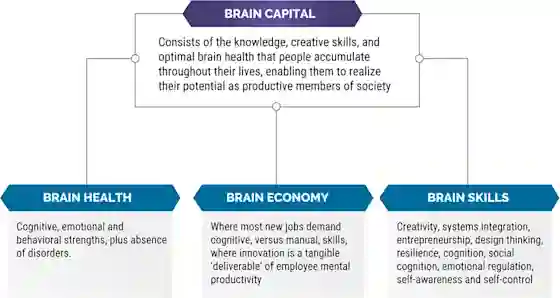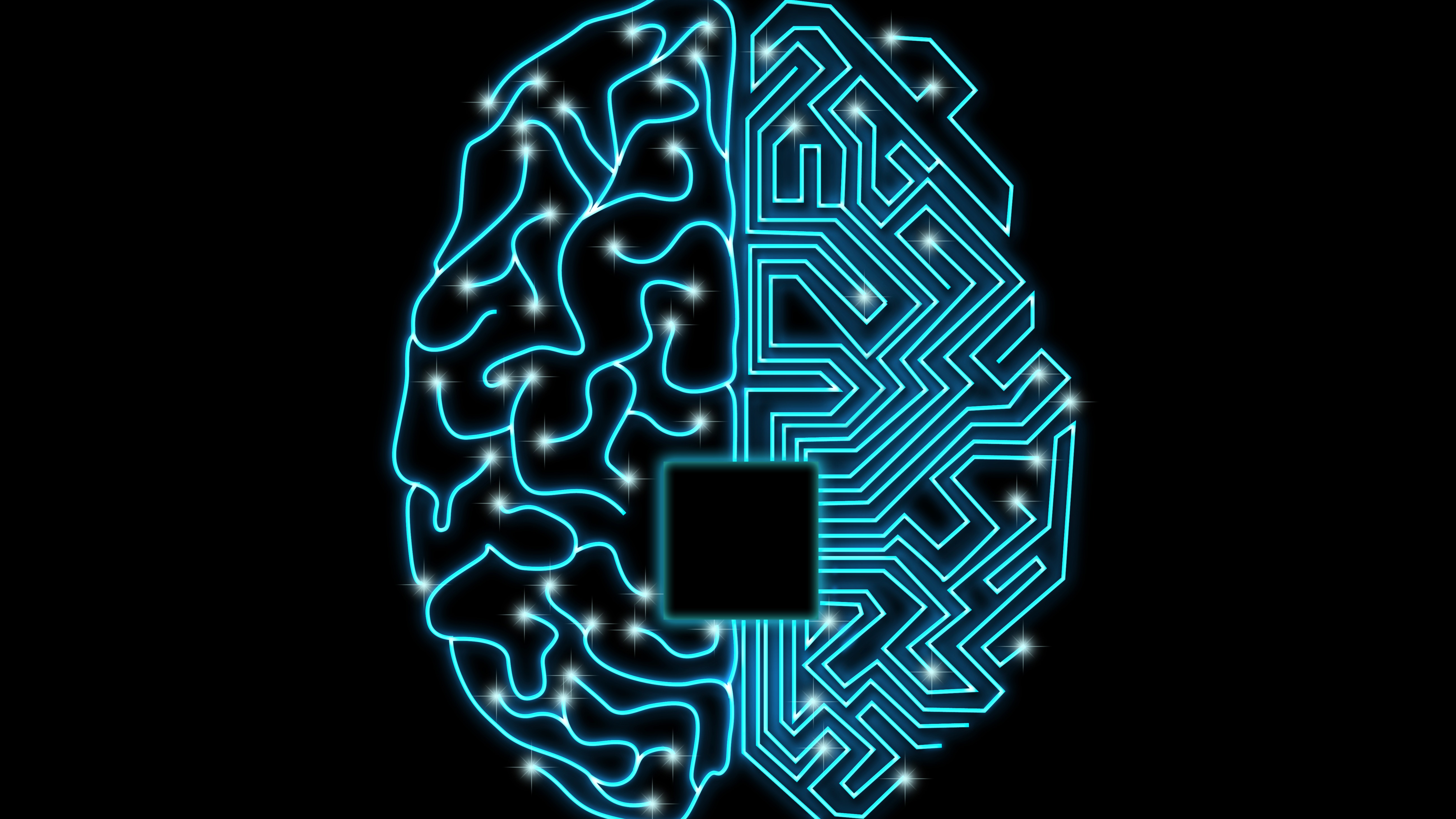“”
Overview
Multi-disciplinary researchers have established the concept of "brain capital," incorporating both brain health and brain skills, and comprised of learned knowledge, innovative ability and cognitive performance. Written in the wake of COVID-19, this research-based article describes how brain capital has become integral to our intricate, dynamic and delicate global economy, and why public policy that nurtures brain capital can help create a better world. According to this team of experts, building brain capital is key to building a resilient economy. The BrainHealth Project has emerged as one powerful tool to boost brain capital. Defining brain health as a holistic health measure, the project is the largest scientific study to redefine brain health. Participants receive a toolkit of strategies for optimizing potential brain performance, a key element in realizing a "Brain Capital Grand Strategy."“”

Under our novel formulation, the concept of Brain Capital would encompass the knowledge, creative skills, and optimized brain health that people accumulate and can strengthen throughout their lives that enables them to realize their potential as productive members of society. Brain Capital should be supported at all levels of policymaking to ensure impact on human functionality and productivity.





